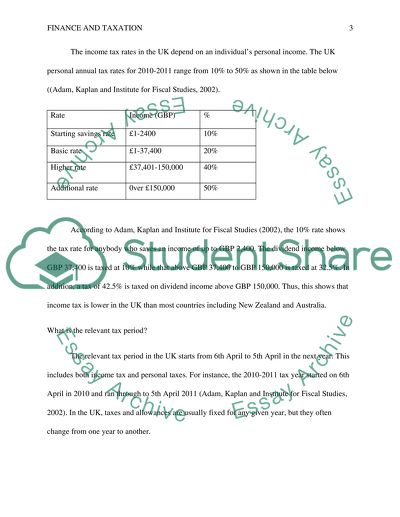Cite this document
(“The U.K taxation system Essay Example | Topics and Well Written Essays - 2750 words”, n.d.)
Retrieved from https://studentshare.org/finance-accounting/1394465-the-uk-taxation-system
Retrieved from https://studentshare.org/finance-accounting/1394465-the-uk-taxation-system
(The U.K Taxation System Essay Example | Topics and Well Written Essays - 2750 Words)
https://studentshare.org/finance-accounting/1394465-the-uk-taxation-system.
https://studentshare.org/finance-accounting/1394465-the-uk-taxation-system.
“The U.K Taxation System Essay Example | Topics and Well Written Essays - 2750 Words”, n.d. https://studentshare.org/finance-accounting/1394465-the-uk-taxation-system.


